IBAC Online Symposium 2022 - Frontiers in Bioacoustics
Friday 9th September 2022, 07:00 – 11:00 UTC
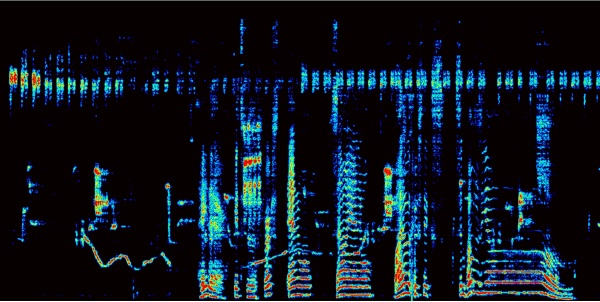
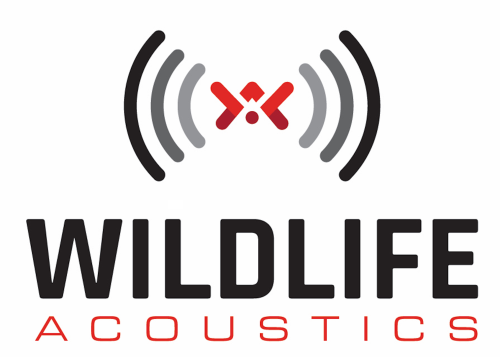
Follow us on twitter for updates and news about the event: @2022ibac
Download the poster for the event here, please distribute and share with all you think may be interested in joining: JPG PDF
Programme:
We plan an exciting and stimulating event with several invited speakers (all times UTC):
07:00-07:40 Hannah ter Hofstede
07:40-08:20 Naomi Langmore
08:20-08:30 Break
08:30-09:10 Dan Stowell
09:10-09:50 Stephanie King
09:50-10:00 Break
10:00-10:40 Iris Adam
10:40-10:50 IBAC Society news and updates (IBAC Committee)
10:50-10:55 Info on Bioacoustic Stack Exchange (Thejasvi Beleyur)
10:55-11:00 Wrap up and Farewell
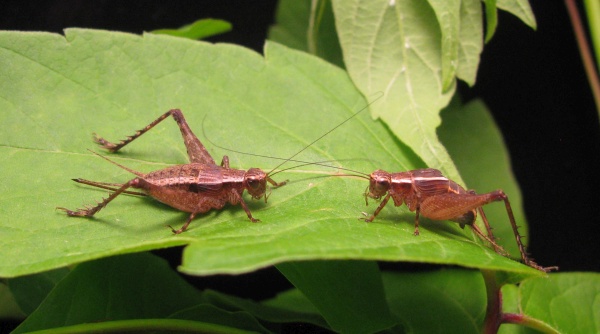 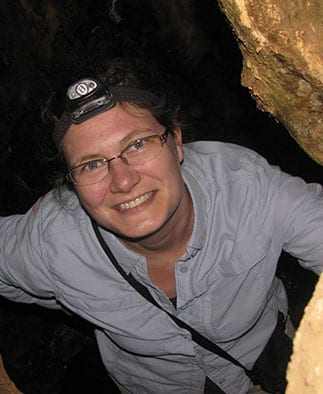 Multimodal duetting in lebinthine crickets: evolution and function Multimodal duetting in lebinthine crickets: evolution and functionHannah ter Hofstede Associate Professor of Biological Sciences, Dartmouth College, Hanover NH, USA |
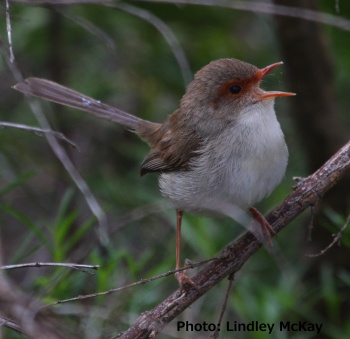 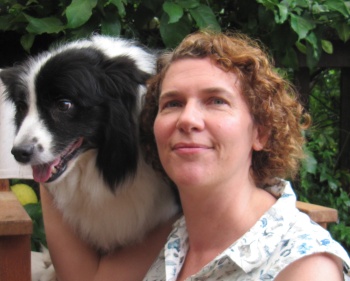 Birdsong: the female perspective Birdsong: the female perspectiveNaomi Langmore Australian National University |
|
Bioacoustic deep learning: new methods and difficult audio datasets Abstract: |
|
|
|
|
|
|
REGISTRATION FORM - IS NOW CLOSED





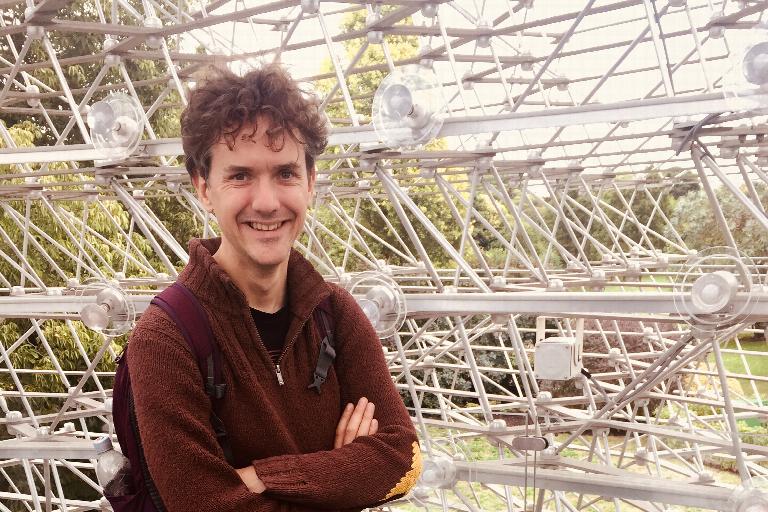
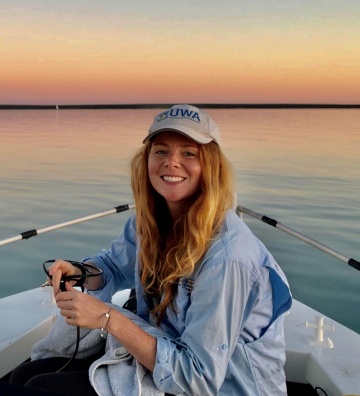 Vocal and social complexity in bottlenose dolphins
Vocal and social complexity in bottlenose dolphins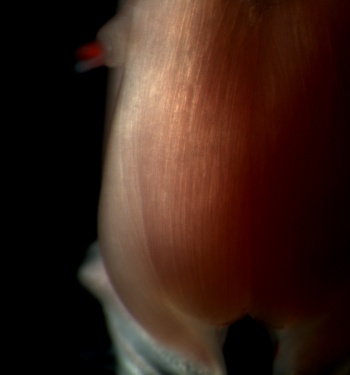
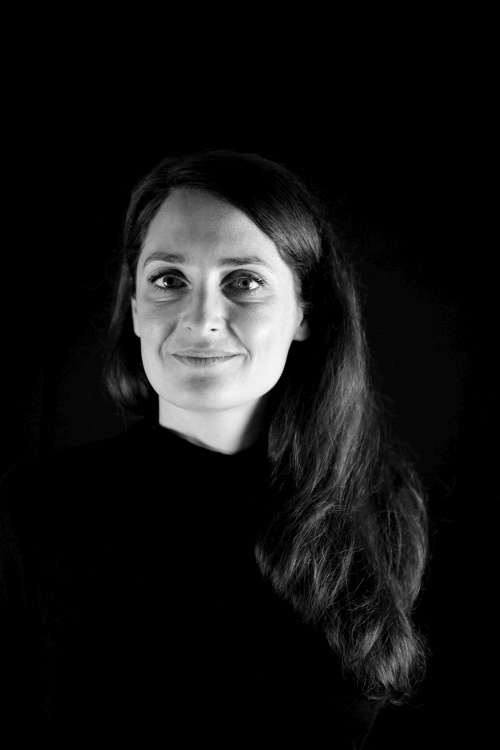 Songbirds need daily song to maintain peak vocal performance
Songbirds need daily song to maintain peak vocal performance